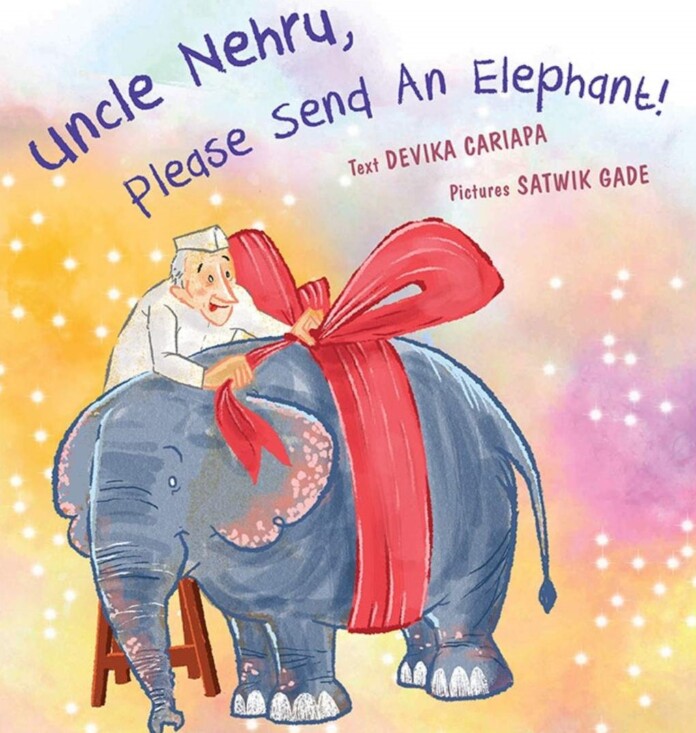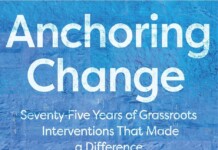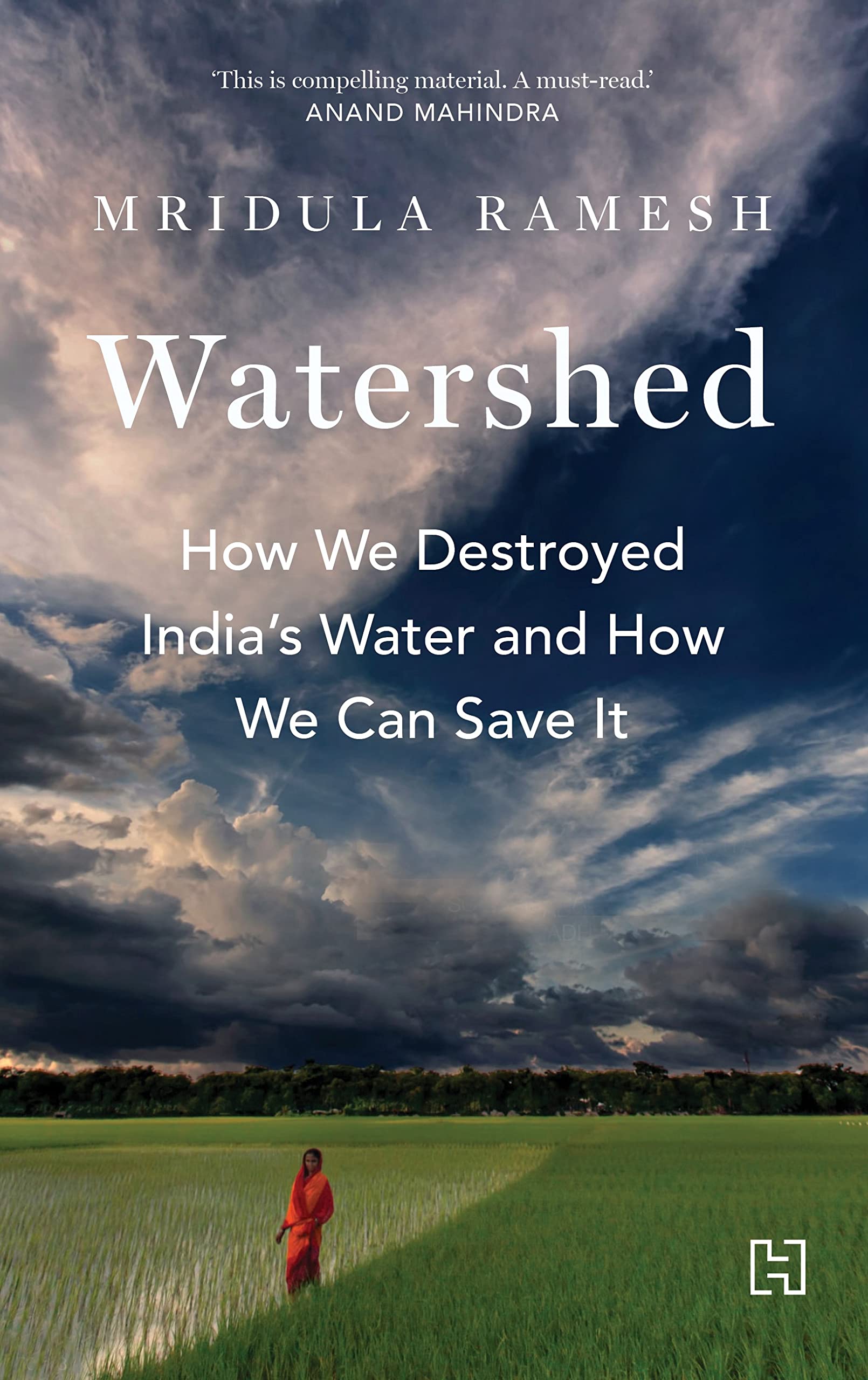In 1949, India’s first Prime Minister, Jawaharlal Nehru received a letter from the children of Japan with an almost preposterous request – they had never seen a live elephant and wanted him to send one to them! India was a newly-independent country at the time and Nehru had several pressing matters to attend to, like housing, roads and electricity. Yet, he immediately took up the arduous task of locating and transporting an elephant from Mysore, across the seas to Japan! Named after his own daughter, Indira was sent to Tokyo Zoo as a gift ‘to the children of Japan’ with a note that set the tone for these ‘jumbo’ gifts. “The elephant is wise, patient, strong yet gentle. I hope all of us will also develop these qualities.”
As requests from children from other countries continued to pour in, Nehru’s elephant gifts became an enduring symbol of India’s bonhomie. The animals travelled by steamer ships and railway wagons, eating copious amounts of food and reached distant lands like Canada, Turkey, China, Soviet Russia, the United States of America and the Netherlands.
Uncle Nehru, Please Send an Elephant published by Tulika and written by Devika Cariapa is a delightful story of these special ambassadors from India who rang out a message of hope, reassurance and peace. However, the narrative also brings out the disregard for the elephants’ comfort in these unforeseen adventures away from their warm jungles and families.
From the troubles of an elephant who could only follow orders in the local Indian language to an elephant refusing to get off the steamer in which she was sent overseas, the author has written sensitively about the various struggles the animals faced. Meanwhile, Satwik Gade’s vivid illustrations bring out their spirited personalities.
It is difficult to imagine a picture book on diplomacy, but Uncle Nehru, Please Send an Elephant! makes this seem effortless. An excellent example of narrative non-fiction, it offers an entertaining, insightful and layered account from contemporary history that can be used to encourage conversations on politics, international relations, diplomacy, animal rights and the timeless charm of elephants!
Also available in Hindi, Tamil, Malayalam, Kannada, Telugu, Marathi, Gujarati and Bengali














